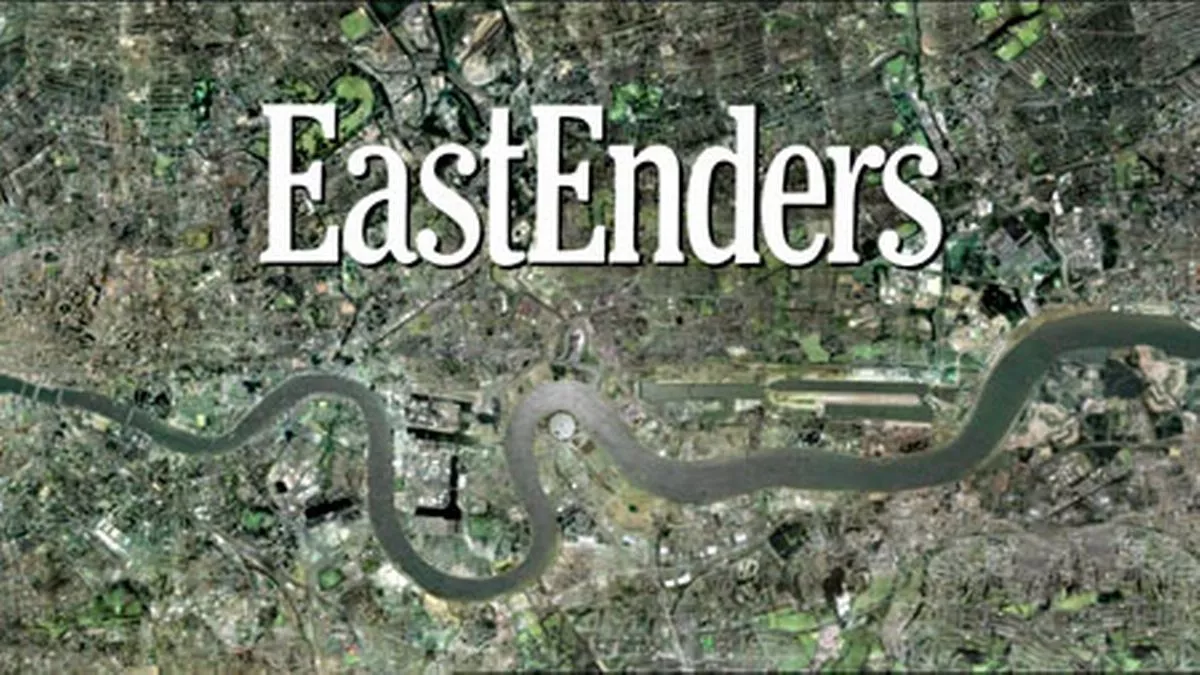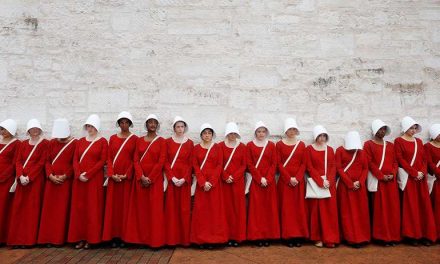Queries about this call for papers should be directed to Rebecca Williams (rebeca.williams@southwales.ac.uk) or Christine Geraghty (christine.geraghty@glasgow.ac.uk)
In February 2025, the soap opera EastEnders will celebrate its 40th anniversary. Launching in 1985, the BBC series has long been a staple on British television and remains one of the BBC’s flagship productions. Airing storylines focusing on mental health, eating disorders, sexual assault, child abuse, and the stigma surrounding HIV and AIDs, these ‘issue-based stories’ have worked to fulfil the BBC’s public service obligations whilst enabling the show to tackle a range of controversial topics (Franco 2013). EastEnders has also often been viewed as a barometer for the BBC’s overall success, with discourses surrounding declining audiences and the impact of streaming video on demand services (SVOD) often mapped onto its fluctuating viewing figures. Whilst it is far from attracting 30 million viewers per episode, as it famously did for its 1985 Christmas Day episode, it remains one of the BBC’s most viewed shows, routinely attracting 3 million viewers per instalment.
The show has also been inextricably linked with the BBC’s digital development strategies, with the spin-off series E20 screened on BBC Online via the EastEnders website and subsequently on its youth-oriented BBC3 channel and the digital-only BBC i-player platform. It has also experimented with uploading an entire week’s worth of episodes to i-player, building on the binge-watching model favoured by SVODs such as Netflix, or releasing each day’s episode online at 6am in advance of the 7:30pm television broadcast (with the exception of episodes containing major narrative surprises or twists).
EastEnders is thus a key television text which demands further critical analysis in terms of its institutional position (McNicholas 2004), representations of a range of identities including class, gender, sexuality, and ethnicity (Geraghty 1991; Dodd and Dodd 2004), and its loyal audiences and fans (Buckingham 1987; Madhill and Goldmeier 2003; Middleham et al 2007; Bell and Deller 2018). This special issue uses the show’s 40th anniversary as an opportunity to reflect on its legacy and contribution to British television from a range of theoretical perspectives and approaches. It thus invites proposals for articles focusing on (although not limited to) the following topics:
- EastEnders’ history
- Representations of class and the East End
- Soap opera as a genre
- Soap opera and celebrity/stardom
- EastEnders fandom and fan works
- Performance and acting
- Analyses of forms of cultural value
- Representations of ethnicity and race
- Gender and sexuality in the series
- Marketing, promotion and branding
- The link between EastEnders and the BBC’s digital strategies
- EastEnders’ international reception and audiences
- The framing of television anniversaries
- Place and location/EastEnders tourism
- Paratexts and spin-offs (e.g. the E20 web series, cast appearances on shows such as Children In Need)
In keeping with the Aims & Scope of the journal, the special issue welcomes work from approaches including production studies and institutional histories, audience and reception studies, theoretical approaches, conceptual paradigms, and analyses of the compositional principles and aesthetics of texts, as well as contextual matters. The issue will be edited by Dr Rebecca Williams with the support of Professor Christine Geraghty as a member of the CST Board of Editors.
Abstracts of up to 500 words and a 250-word bio should be sent to Dr Rebecca Williams at rebeca.williams@southwales.ac.uk by 20 October 2023.
Decisions will be returned by mid-November 2023.
First full drafts of 6000-8000 words (including references) are expected by mid-July 2024, after which they will undergo a fully blind peer review process, with final drafts to be completed by March 2025. The issue is expected to be published in the autumn of 2025.






